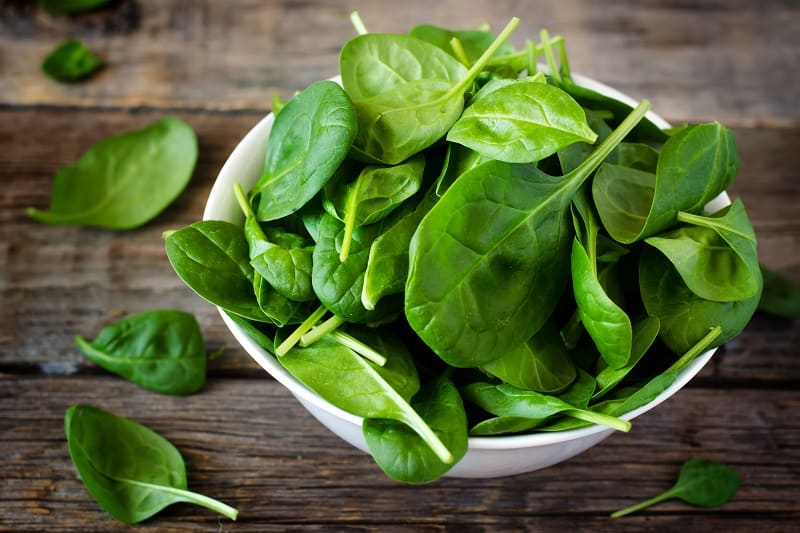The 15 Healthiest Vegetables for a Healthy Lifestyle
You’d be hard-pressed to find someone who disagrees that eating vegetables is good for your health. We’ve all heard the recommendation to “eat more fruits and vegetables” to help treat and prevent a multitude of health conditions, but what exactly do vegetables have to offer?
Read on for a list of some of the healthiest vegetables to add to your next grocery store run.
1. Carrots

Carrots contain beta carotene, a pigment that gives carrots and other orange-colored vegetables their color. Besides giving carrots their color, beta carotene has powerful health benefits. Beta carotene is an antioxidant that helps fight cell damage and chronic inflammation, which can help lower the risk of chronic diseases.
Beta carotene helps the body make vitamin A, which promotes healthy skin, teeth, skeletal and soft tissue, and it also helps promote good night vision. One of the most popular vegetables, carrots are a crowd-pleaser for even the pickiest eaters. Their natural sweetness and satisfying crunch make them versatile and tasty enough to enjoy on their own as a snack.
2. Spinach

Dark leafy green vegetables like spinach are rich in vitamin K, a nutrient beneficial for bone health. Vitamin K can help protect against osteoporosis, which is when bone becomes porous and weak, increasing the risk for fractures.
Vitamin K is also essential for blood clotting; without enough vitamin K, getting a minor cut would be much more dangerous than it is. Vitamin K plays such a large role in blood clotting that people on blood thinners have to keep their intake of spinach and other leafy greens consistent so it doesn’t offset their medications.
Spinach is rich in fiber and low in calories, making it a great addition for those with blood sugar issues or those wanting to manage their weight. Enjoy spinach salads, add it to sandwiches, or pop it in a blender with fruit for a nutrient-packed green smoothie.




